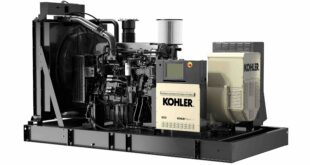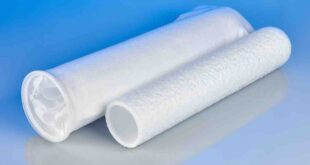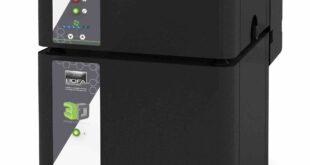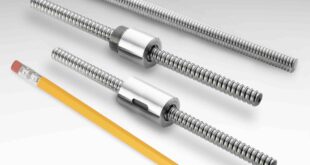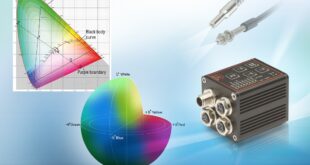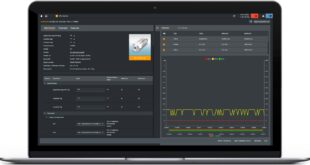To improve heat transfer system and fluid maintenance capabilities, thermal fluid specialist Global Heat Transfer has added a new remote access feature to its Continuous Light Ends Removal Kits (LERK).
The new feature will provide customers with live support straight from the manufacturer’s service engineers.
The remote monitoring capabilities is an easy centralised solution offering engineering support, data backup and continuous monitoring, in addition to remote servicing and maintenance.
Faster and more efficient customer support will lower the maintenance costs accrued through unavoidable downtime and call out expenses.
The remote access functionality will be exclusively available to Global Heat Transfer’s Thermocare customers in the UK and Ireland. Thermocare is a proactive condition based thermal fluid maintenance programme, which provides customers with regular heat transfer system checks, thermal fluid testing and analysis.
“Over time, where Heat Transfer Fluids (HTFs) are used at high temperatures, they’re prone to degradation and particularly the formation of light ends due to their continuous operation,” explained Clive Jones, managing director of Global Heat Transfer. “The formation of light ends is a by-product of thermal degradation and can result in a decrease in flash point temperature, which increases the risk of a fire in the event of a loss of containment of the fluid.
“By passing the HTF through a distillation vessel, a LERK releases light ends from the HTF as a gas, which is recollected in a condenser in liquid form. Now, Global Heat Transfer’s LERKs have remote monitoring capabilities, which offers customers continuous and consistent monitoring with a data link directly to engineer support and a back-up of the data collected by the LERK.”
The light ends removal kit can be retro-fitted to any heat transfer system (using thermal fluid) so customers in food and beverage, industrial, chemical, pharmaceutical, wood and plastics processing can benefit from a LERK to remove volatile light ends and improve system, site and personnel safety.
The Dangerous Substances and Explosive Atmospheres Regulations (DSEAR) sets out a mechanism for minimising the risks where flammable materials are handled which could create an explosive atmosphere.
Engineers should particularly pay close attention to the ATEX regulations because they focus on working with thermal fluids.
 Engineer News Network The ultimate online news and information resource for today’s engineer
Engineer News Network The ultimate online news and information resource for today’s engineer
